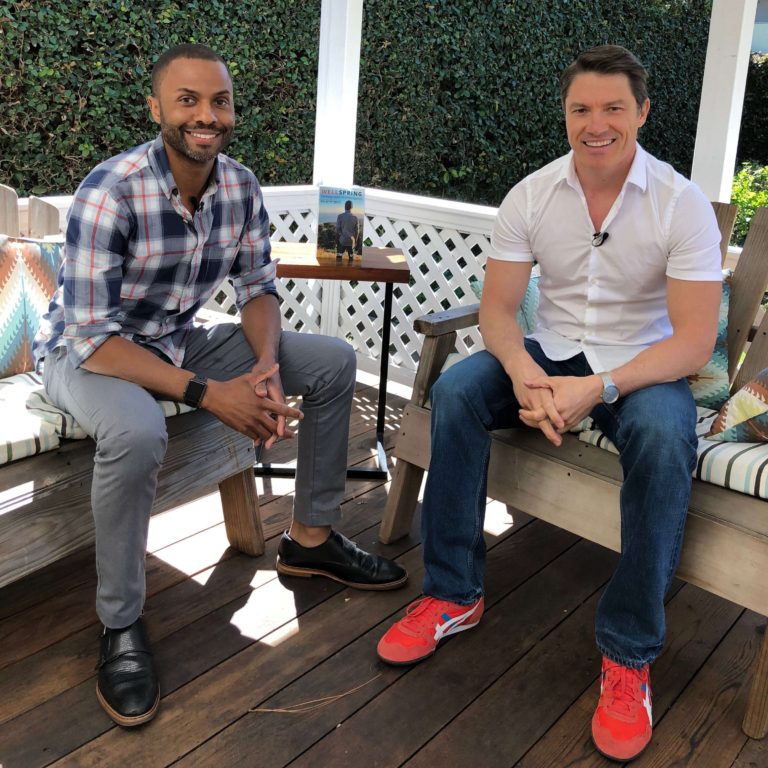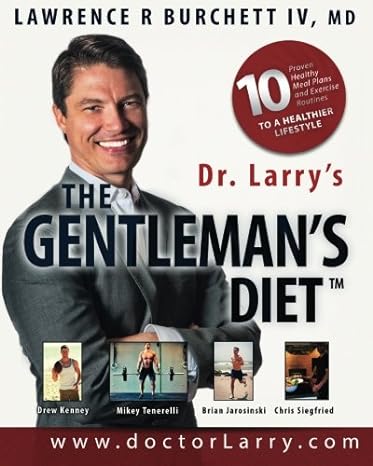Boost Energy and Beat Fatigue: For Good

[cs_content][cs_section bg_color=”hsl(0, 0%, 100%)” parallax=”false” separator_top_type=”none” separator_top_height=”50px” separator_top_angle_point=”50″ separator_bottom_type=”none” separator_bottom_height=”50px” separator_bottom_angle_point=”50″ style=”margin: 0px;padding: 45px 0px;”][cs_row inner_container=”true” marginless_columns=”false” style=”margin: 0px auto;padding: 0px;”][cs_column fade=”false” fade_animation=”in” fade_animation_offset=”45px” fade_duration=”750″ type=”2/3″ style=”padding: 0px;”][x_custom_headline level=”h1″ looks_like=”h1″ accent=”false”]Boost Energy and Beat Fatigue[/x_custom_headline][x_video_player type=”16:9″ src=”https://youtu.be/TR8WTEcCsfI” hide_controls=”false” autoplay=”false” no_container=”false” preload=”none” advanced_controls=”false” muted=”false” loop=”false” poster=””][cs_text]Written by Dr. Larry
[dropcap]T[/dropcap]ired. Fatigue.
Energy.
Most of us have it sometimes, all of us want it. Have you had problems with fatigue? Tired when you get up in the morning? Rarely full of energy during your work day? Or you crash tired in the afternoon and can’t wait to hit the couch and Netflix when you get home (I get it, there are some great shows these days.)
Let’s go from fatigue to energy. Let me give you 3 high-yield tips on how to do that to start this article:
1. Do 5 minutes of high-intensity exercise first thing in the a.m. just 3 times a week.
2. Try almonds and blueberries as a healthy snack (nut + fruit).
3. In order to stop your running mind and go to sleep, use a journal at night to write down some solutions to what you are ruminating about.
These sweet tips came out of my interview with an MD book author by the name of Dr. Jason Littleton, out of Florida. His book, WellSpring: The Energy Secrets TO DO The Good Life gives practical advice on what you can do to have more energy, and we talked about his book and this topic like lab rats shot up on caffeine. Except for one thing:
Caffeine free, drug free, baby.
More tips for more energy from our interview:
1. Get enough sleep. Enough means 7-9 hours a night (not 6, man).
2. Eliminate/reduce sugar.
3. Eliminate/reduce processed junk carbs (chips, Cheetos, Ho Hos, cake, etc.).
4. Daily routines. What Dr. Jason’s daily routine is (diet, exercise, sleep habits).
5. Mission, meaning, purpose (what I call your BIG WHY) is a big source of energy.
6. How you can use habit and routine to build energy into every day.
Dr. Jason calls himself “America’s Energy Doctor.” I must admit, I was skeptical. But he’s been a legit practicing physician for over a decade, is the chair of a Family Medicine department, and wrote a book from his experience as a doctor working with people to get energized, so I was curious to A) see what he recommended, and B) try it out for myself. So we did a SuperSoul Sunday interview (I got to be Oprah), and he gave me his tips for having more energy.
Let me tell you two things that immediately opened me up to consider what he has to say, that helped me to not think he was just another snake oil salesman selling bullshit.
He’s a live wire. You’ll see in the video, he’s full of energy. Intense. Bubbly may not be the right word, but he does practice what he preaches. Walk the talk. I respect that — that’s credibility in my book. Made me wonder how he does his own energy, and if I could get a piece of that.
With all that energy, he does not use caffeine, energy drinks or drugs. This I like very much — and it is COUNTER American culture of quick fix, immediate gratification. Let’s be honest, the quick fix way to more energy is caffeine (level 1: coffee, Coke), energy drinks (level 2: Monster), or drugs (level 3: Ritalin, Adderall, etc.). Yes, people routinely abuse ADHD meds for energy. Let’s not play dumb here, folks.
Often, in my medical experience, the quick fix is not the best long term solution.
That’s profound. Let’s Yoda that statement for emphasis:
Best long term solution, the quick fix often is not.
Your hit of coffee gives you an energy boost… for a few hours. Then it often comes crashing down in the afternoon, requiring another shot to artificially boost your energy. There’s a better way. I believe it.
More tips for energy in his book WellSpring: The Energy Secrets TO DO The Good Life available at jasonmd.com, and our hour long interview gives longer discussion to these topics, which you can find on my YouTube channel.
In this article, I want to review and give you my opinion on one of Dr. Jason’s core ideas: M.E.D.S. A pneumonic device of the most important lifestyle components of high energy. After that, I’ll tell you which that I tried made the biggest bang for my buck, and close with some other things you need to think about when it comes to fatigue and energy.
M.E.D.S.
- Move
- Eat
- Drink
- Sleep
He recommends:
Move: High intensity for 5 min three times a week.
Eat: Balanced diet (not low carb or low fat) of 3 meals a day with fruit/nut snacks, organic, plant-based.
Drink: Drink 1 L of water daily, including juices.
Sleep: Sleep 7-9 hours daily, use a journal at night to stop ruminating.
MOVE
I agree wholeheartedly here. Sedentary lifestyle kills. Movement lives. I’d recommend it for all of my patients who can tolerate it. So many benefits, not just living longer and not dying.
So I actually tried his recommendation myself. I was skeptical that only 5 minutes would do much. And I often just don’t have 30 minutes to workout first thing in the morning, especially when I’m up at 6 to be at the hospital at 7 a.m.
But I tried it. I started doing sprints in the morning for about 10 minutes. I would full out sprint 80-100 yards x 10, which took about 10 minutes. Probably a 10 second sprint, and then 50 seconds of jogging (walking by the end of it when I’m gassed, let’s be honest) back to the starting line. Survey says:
It worked. Really well. On a 1-10 scale, I’d say it boosted my energy 2-3 points, which is impressive. So if I’m a 6, it went to an 8 or 9. It’s practical because, come on, who doesn’t have 10 minutes. I don’t turn into a sweaty heap that needs a spa day to grease off (showering/changing just add more time to the process). And I can do it wherever I am, pretty much. If I were stuck inside, I’d jump rope or just modify to squat jumps, for example.
I did it for 5 days one week, then a few days after that. Enough that it has started to get wired. As I type this, I feel the energy that came from it. I think part of it is an actual metabolic boost of energy to the day, and it doesn’t seem to peak and then tank, like caffeine, for example. It seems to raise my energy level for a day.
I know that for me, another big reason it feels good is that I’ve accomplished something, especially at the beginning of the day. So there’s that motivational victory energy that I’m carrying with me the rest of the day. Even if the sprints aren’t insane all-out intensity (most of the time, they aren’t), there is still this “I did it” pat on the butt (or back, whatever) that feels good. I believe the universe really moves when you do.
EAT
Another recommendation I’ve made to my patients countless times. Eliminating the junk foods (sugar, processed carbs like chips) that lead to feeling sluggish, and replacing them with better sources of fuel (complex healthy carbs like sweet potatoes and brown rice, fruits, veggies, and lean protein like chicken and fish). Most people who make this change feel the difference immediately.
Personally, I’ve lived and learned this one the hard way. I used to eat 2 big bowls of Frosted Shredded Wheat with OJ for breaky, followed by 2 ham sandwiches and chips with milk for lunch. Then in my late 20s early 30s, would have a food coma by about 2pm, where so many carbs (and processed carbs at that) led to the insulin tide that sent me to naptime.
Now. High protein. Still some healthy carbs like brown rice or sweet potatoes (no more wheat bread, cereal or chips). And more fruits and veggies, like broccoli, green beans and asparagus.
More than giving me a boost of energy, eating healthy just removes the sluggishness of processed foods and too much sugar and calories. And that’s a noticeable difference most people learn and feel pretty quick after swapping out healthier food for junk.
Dr. J emphasizes organic, I just want people to eat more vegetables. I’m not convinced organic is going to do much for energy.
DRINK
Meh. I don’t think hydration solves many problems for the average person, I think it’s a bit overhyped. Severe dehydration, sure, can cause problems. But the non-90-year-old patients I see with dehydration problems are either drunk, hungover or have a stomach bug. I would put the “D” of M.E.D.S. as lower impact on the list. Stay reasonably hydrated, and focus your energy on the other 3 of M.E.D.S.
SLEEP
Agree that sleep is huge for energy, perhaps number 1. Very undervalued today, contrasted by the go out late party attitude, which you can get away with in the teens and 20s, but often catches up to you later, making you a cranky brat the next day. I’d say 7-9 hours is really what people need to sleep, not 6, despite some saying they are fine with less. They may not be aware of how much better they could feel with a week of 8+ hours of sleep. Sleep hygiene (total blackout darkness or wearing a sleep mask, cooling the temp to 67, avoiding screen time for 1 hour prior to — can make falling asleep easier). And I’m in the middle of trying Dr. Jason’s tip to use a journal before bed to write problems and solutions down so that you can let go of them and STOP RUMINATING — this ruminating thing is what disturbs most peoples’ sleep, and then robs them of energy the next day. Great tip.
I can’t tell you how many times people come to me tired, but aren’t willing to sleep more. Without enough sleep, your energy level will always be limited and less than it could be. Be all you can be. In the bedroom. With sleep.
So after my interview with Dr. Jason about how to go from fatigue to energy, I thought a lot about what I would consider the most important things for energy on my list:
- SLEEP enough so you don’t feel tired.
- MOVE daily, even if for only 5 minutes, and with max intensity, to get the blood and motivation flowing.
- We get into this later in the interview, but passion about what you are doing here on this planet is an essential component of daily energy. What is your Big Why?
- The universe moves when you do. Do something toward your goal and dreams. Anything. And you will feel more energy doing it.
Thoughts?
Seriously, what gives you more energy? And what works for you?
I wouldn’t be a real doctor if I didn’t mention some very common causes of fatigue that you should talk to your doctor about. Sleep apnea is more common today with obesity. When someone goes to sleep, tissue in the back of the throat obstructs breathing such that someone stops breathing, and wakes up. Then the process repeats itself minutes later and you don’t get into deep sleep. Get a sleep study. Very common cause of fatigue.
The list is almost endless — thyroid disease, heart disease, lung disease, hormonal issues, and chronic fatigue/fibromyalgia. Check with your regular doctor if you are suspicious or worried about these. I would try some of the lifestyle changes, such as Dr. Jason’s M.E.D.S. tips, and if you are still tired, you may need a deeper medical evaluation.
Thanks for reading.
Get some energy.
Larry
[/cs_text][x_gap size=”50px”][/cs_column][cs_column fade=”false” fade_animation=”in” fade_animation_offset=”45px” fade_duration=”750″ type=”1/3″ style=”padding: 0px;”][x_widget_area sidebar=”sidebar-main” ][x_widget_area sidebar=”ups-sidebar-adoption-services” class=”man”][/cs_column][/cs_row][cs_row inner_container=”true” marginless_columns=”false” style=”margin: 0px auto;padding: 0px 0px 30px;border-style: solid;border-width: 1px;”][cs_column fade=”false” fade_animation=”in” fade_animation_offset=”45px” fade_duration=”750″ type=”1/1″ style=”padding: 0px;”][cs_text]
Featured Content
[/cs_text][/cs_column][/cs_row][/cs_section][cs_section parallax=”false” separator_top_type=”none” separator_top_height=”50px” separator_top_angle_point=”50″ separator_bottom_type=”none” separator_bottom_height=”50px” separator_bottom_angle_point=”50″ style=”margin: 0px;padding: 20px 0px 0px;”][cs_row inner_container=”true” marginless_columns=”false” style=”margin: 0px auto;padding: 0px;”][cs_column fade=”false” fade_animation=”in” fade_animation_offset=”45px” fade_duration=”750″ type=”1/1″ style=”padding: 0px;”][ess_grid alias=”featured_content”][/cs_column][/cs_row][/cs_section][/cs_content]


